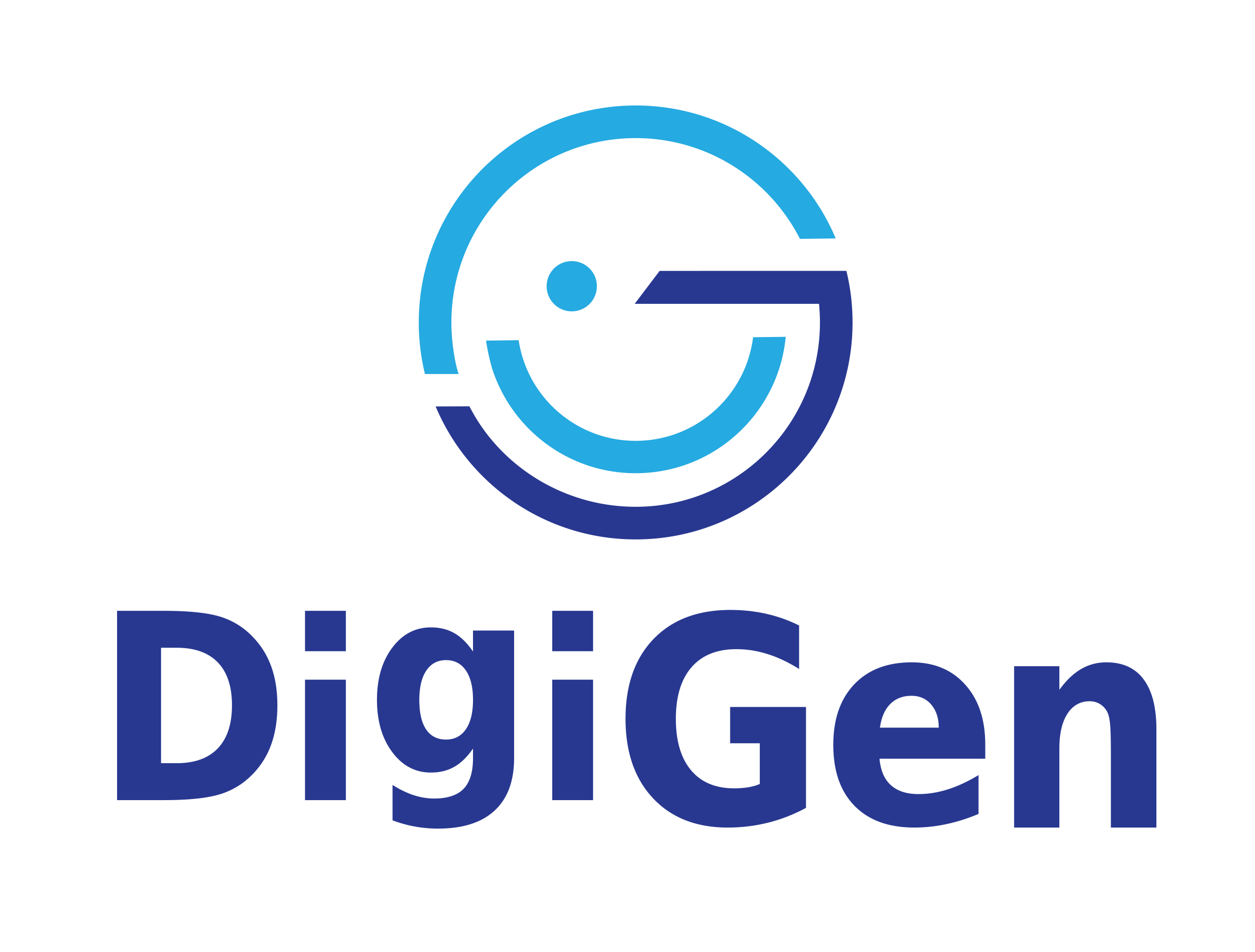methodology
Much of the research to date on the impact of technological transformations on children and young people has been survey-based, with an overabundance of studies focusing on opportunities, risk and safety. While this focus is certainly important, DigiGen addresses the impact of technological transformations on children and young people in relation to the harmful versus the beneficial effects of ICT use in their everyday lives.
DigiGen aims to fill the current research gaps: scarcity of qualitative research in this domain, lack of involvement of children and young people in the research design, and the under-representation of children under the age of 12.
The project does so by applying a mixed-methods approach with a major focus on collecting qualitative data and child and youth driven research. The project has a particular emphasis on risk, resilience, and enhancing factors.
The interdisciplinary research on children and young people and the role of ICT in their everyday lives in DigiGen integrates theoretical and methodological perspectives from different disciplines such as sociology, education, ICT science, culture, social work, public health, communication, economics, etc.
The overall methodological approach within the DigiGen project follows the traditions of the social sciences but the endeavour goes beyond the traditional academic rules of producing knowledge. The use of qualitative methods – with the implied commitment to researching people’s experiences from the inside out – offers great potential to mirror the messiness of the everyday experiences that most people, particularly children and young people, navigate.
DigiGen’s main research question is: how are children and young people affected by the technological transformations in their everyday lives?
Methods used in the projects are systematic literature research, overview of existing data and secondary quantitative data analysis, and primary qualitative data collection and analysis.
